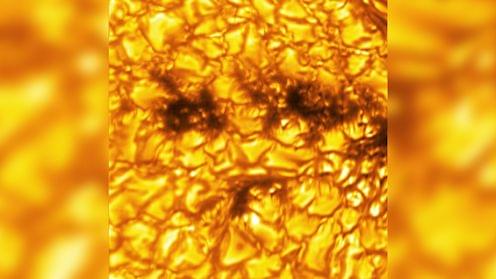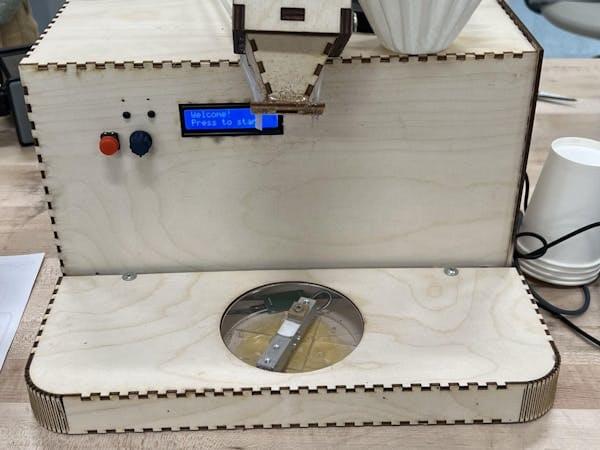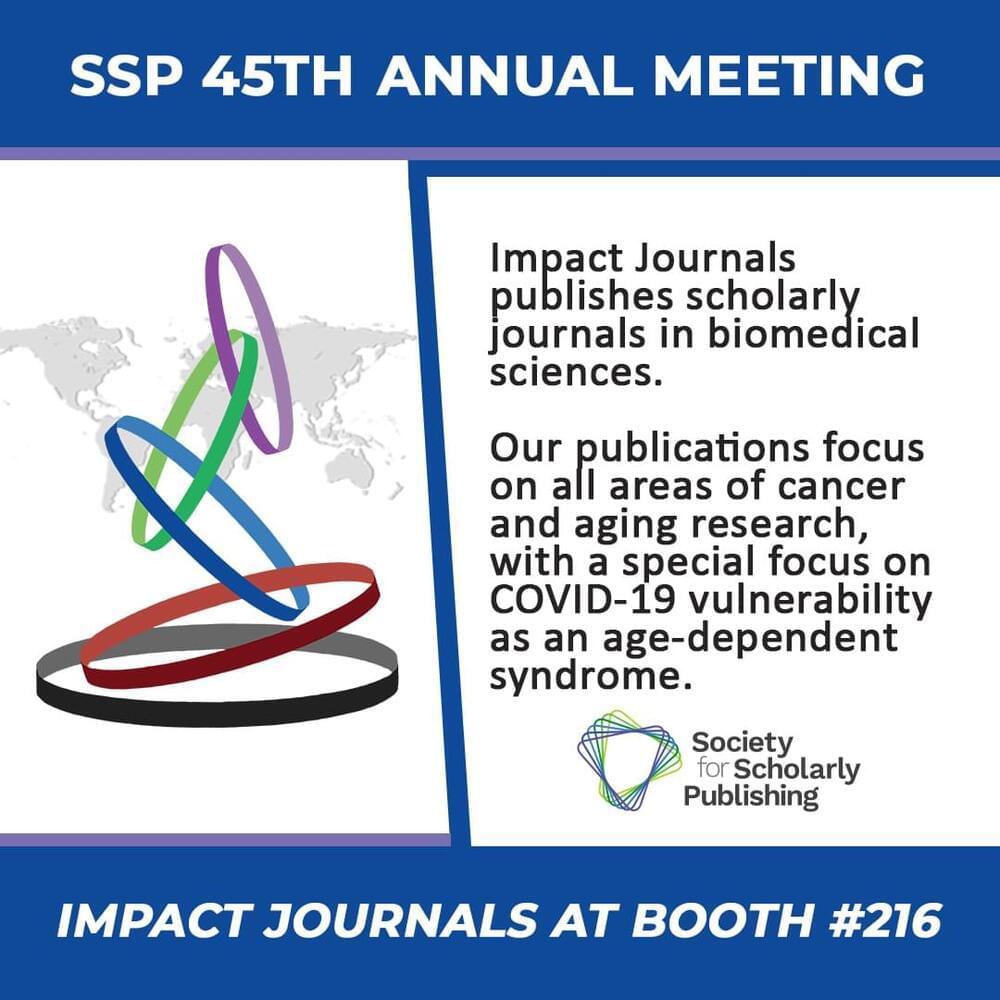Year 2022 😗
A team of researchers found that a simulated black hole could have multiple masses simultaneously.


In December 2022, founder Elon Musk gave an update on his other, other company, the brain implant startup Neuralink. As early as 2020, the company had been saying it was close to starting clinical trials of the implants, but the December update suggested those were still six months away. This time, it seems that the company was correct, as it now claims that the Food and Drug Administration (FDA) has given its approval for the start of human testing.
Neuralink is not ready to start recruiting test subjects, and there are no details about what the trials will entail. Searching the ClinicalTrials.gov database for “Neuralink” also turns up nothing. Typically, the initial trials are small and focused entirely on safety rather than effectiveness. Given that Neuralink is developing both brain implants and a surgical robot to do the implanting, there will be a lot that needs testing.
It’s likely that these will focus on the implants first, given that other implants have already been tested in humans, whereas an equivalent surgical robot has not.
Learn more about Dr. Hugo De Garis.
https://www.imdb.com/name/nm2433396/
CANADIAN PREPPERS SURVIVAL SUPERSTORE! Use discount code SURVIVALPREPPER for 10% off / Premium Survival/ Emergency Equipment.
https://canadianpreparedness.com/
GET EMERGENCY PRESCRIPTION MEDS AND ANTIBIOTICS (affiliate link)
https://jasemedical.com?rstr=4467
GET BODY ARMOR use coupon code ‘prepper’ for 10% off.
https://premierbodyarmor.com/prepper.
GET WHOLESALE FREEZEDRIED FOOD (World reknown quality) USE DISCOUNT CODE ‘CanadianPrepper’
https://tinyurl.com/nhhtddh6
GET GOLD AND SILVER FROM A VETTED REPUTABLE COMPANY (affiliate links)

A group of computer scientists from the University of Toronto wants to make it easier to film how-to videos.
The team of researchers have developed Stargazer, an interactive camera robot that helps university instructors and other content creators create engaging tutorial videos demonstrating physical skills.
For those without access to a cameraperson, Stargazer can capture dynamic instructional videos and address the constraints of working with static cameras.



For the past 20 years, the theory of disruptive innovation has been enormously influential in business circles and a powerful tool for predicting which industry entrants will succeed. Unfortunately, the theory has also been widely misunderstood, and the “disruptive” label has been applied too carelessly anytime a market newcomer shakes up well-established incumbents.
In this article, the architect of disruption theory, Clayton M. Christensen, and his coauthors correct some of the misinformation, describe how the thinking on the subject has evolved, and discuss the utility of the theory.
They start by clarifying what classic disruption entails—a small enterprise targeting overlooked customers with a novel but modest offering and gradually moving upmarket to challenge the industry leaders. They point out that Uber, commonly hailed as a disrupter, doesn’t actually fit the mold, and they explain that if managers don’t understand the nuances of disruption theory or apply its tenets correctly, they may not make the right strategic choices. Common mistakes, the authors say, include failing to view disruption as a gradual process (which may lead incumbents to ignore significant threats) and blindly accepting the “Disrupt or be disrupted” mantra (which may lead incumbents to jeopardize their core business as they try to defend against disruptive competitors).

Glioblastoma Multiforme (GBM) is the most aggressive and most common primary malignant brain tumor. The age of GBM patients is considered as one of the disease’s negative prognostic factors and the mean age of diagnosis is 62 years. A promising approach to preventing both GBM and aging is to identify new potential therapeutic targets that are associated with both conditions as concurrent drivers. In this work, we present a multi-angled approach of identifying targets, which takes into account not only the disease-related genes but also the ones important in aging. For this purpose, we developed three strategies of target identification using the results of correlation analysis augmented with survival data, differences in expression levels and previously published information of aging-related genes.

Join top executives in San Francisco on July 11–12, to hear how leaders are integrating and optimizing AI investments for success. Learn More
Why do people become ethical hackers? Given the negative connotations that the word “hacker” has unfortunately acquired over the past few decades, it’s tough to understand why anyone would ascribe themselves to that oxymoron.
Yet, ethical hackers are playing an increasingly vital role in cybersecurity, and the ranks of the ethical hacking community are growing significantly. If you’re thinking about working with or hiring ethical hackers — or even becoming one yourself — it’s important to understand what makes this unique breed of cyber-pro tick.